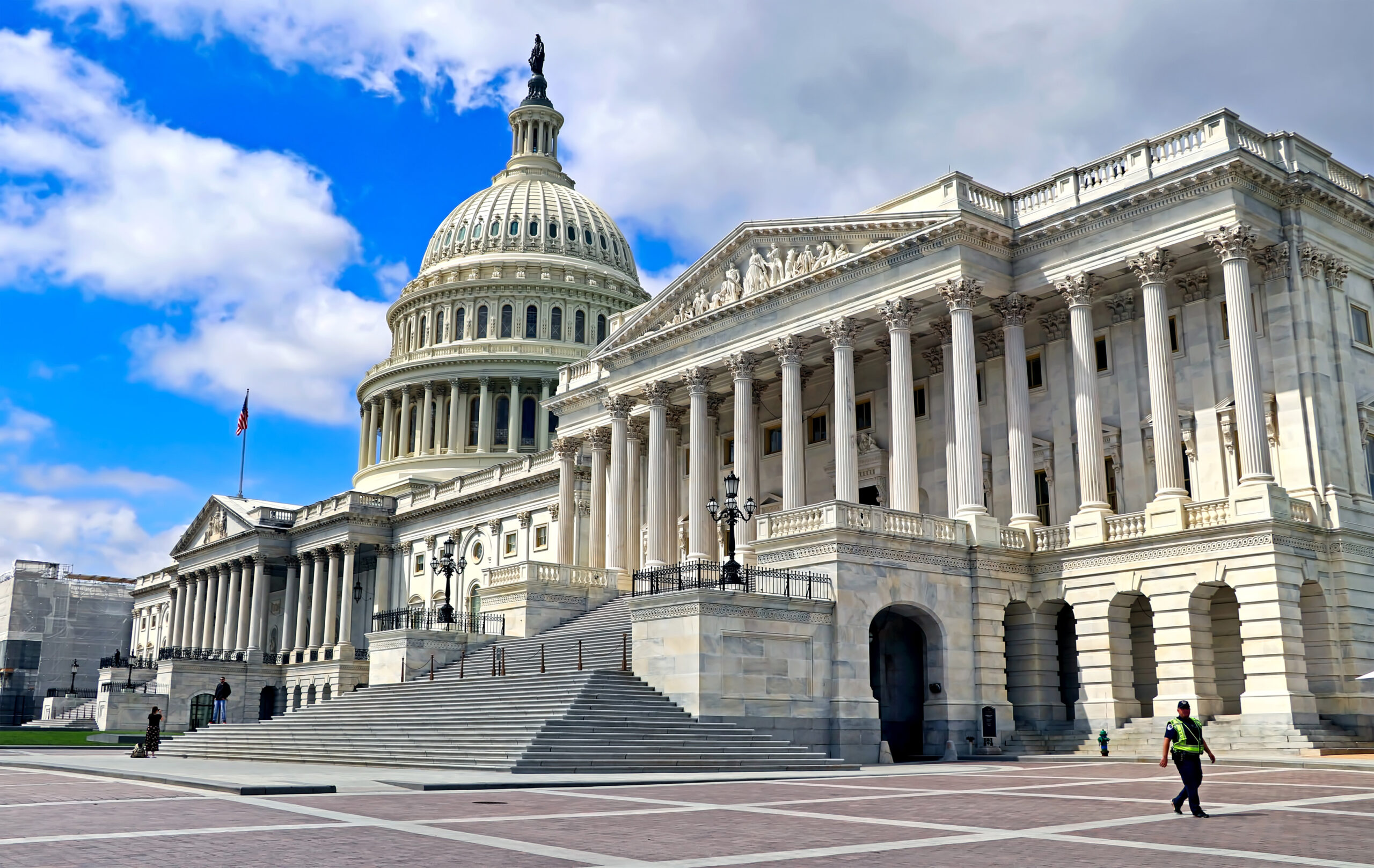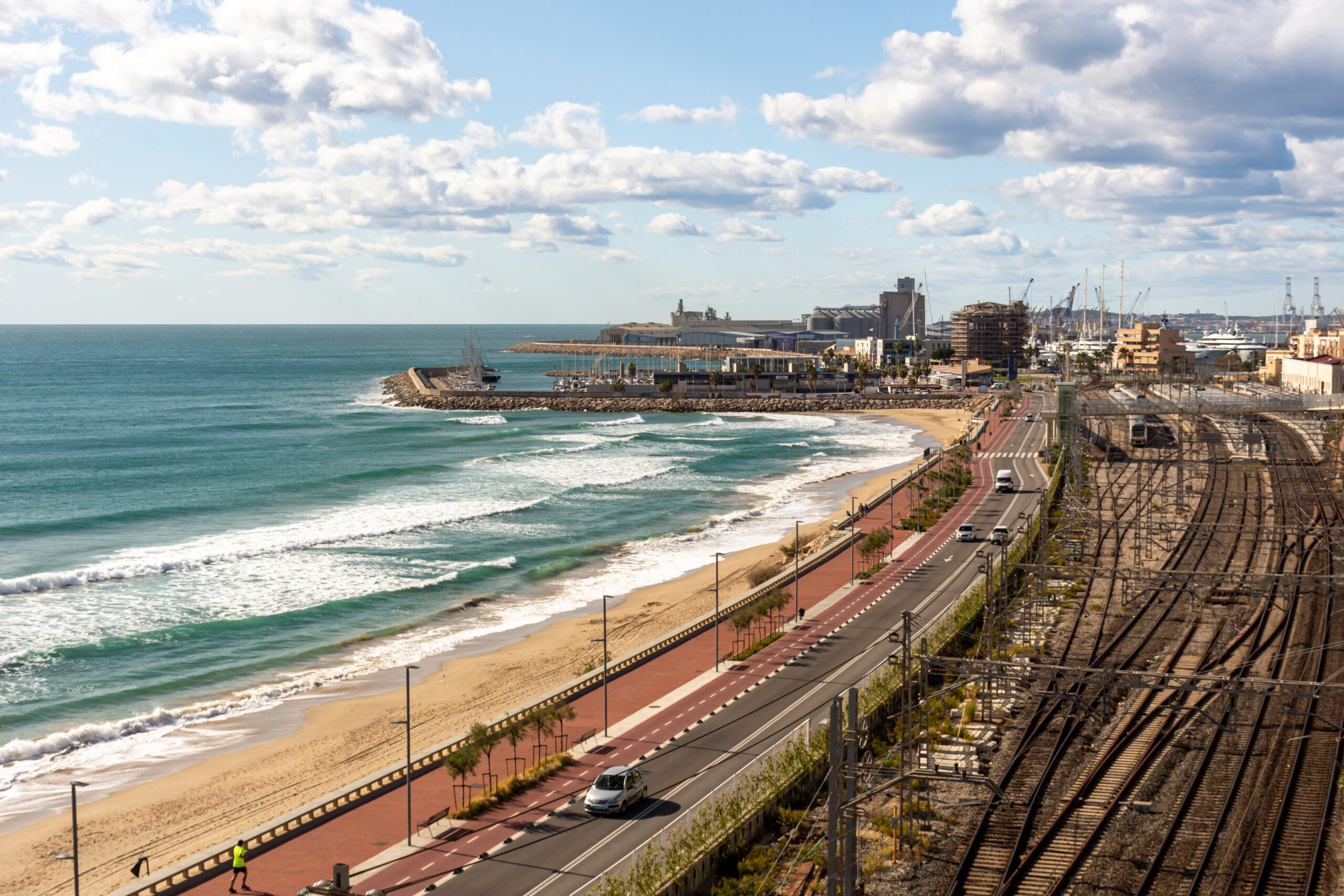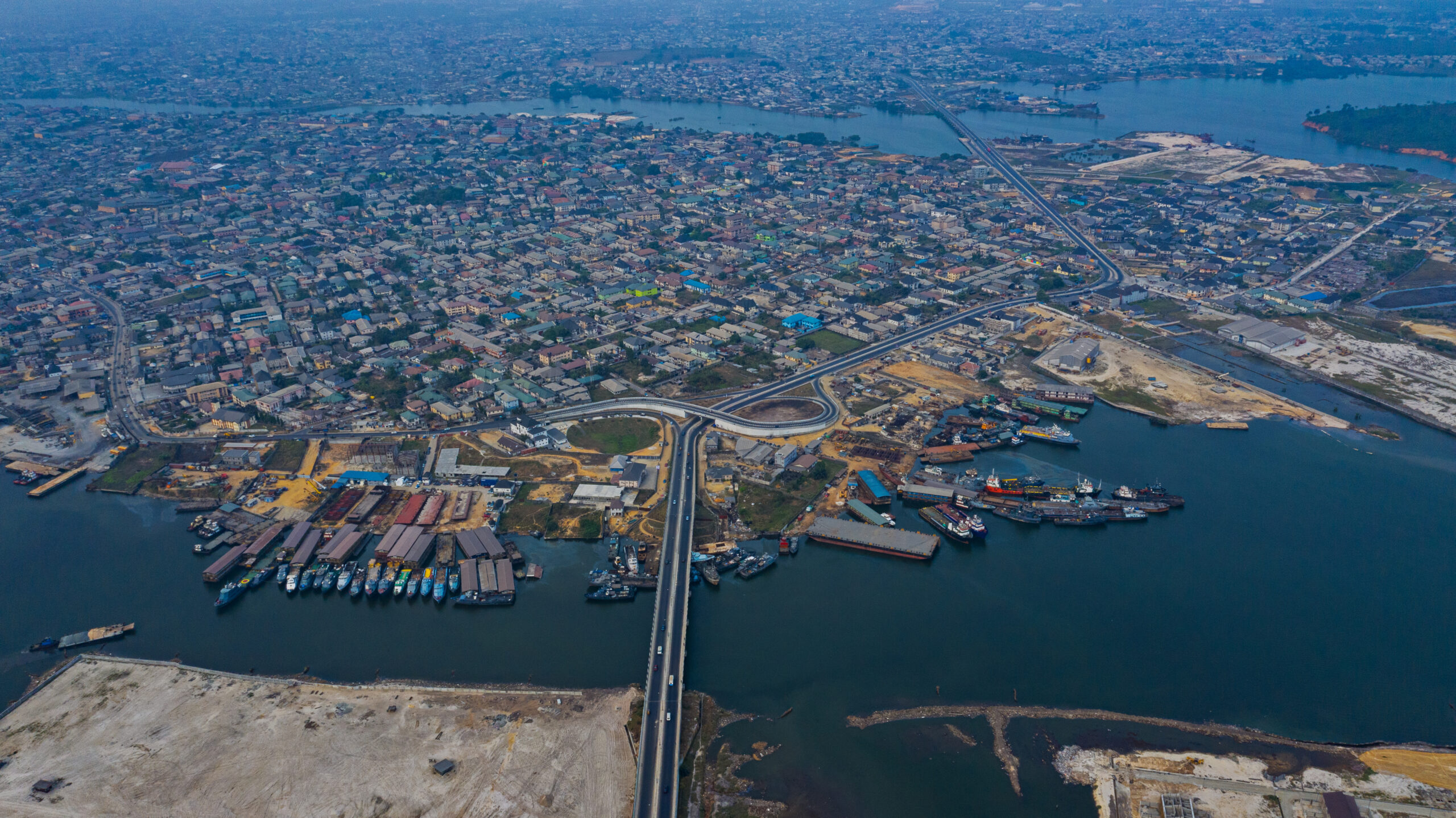Plastics Treaty talks end in disappointment over production limits
Hopes for faster progress on implementing limits on plastic production were dashed in Ottawa. Campaigners blame large oil producers — including the United States.

The latest round of the Plastics Treaty negotiations wrapped up in Ottawa on Tuesday, after delegates worked late into the night. While there was progress on some fronts, the lack of action on addressing upstream plastic production meant the talks ended in disappointment.
As Gas Outlook previously reported before the Ottawa summit, much of the world is on the same page when it comes to addressing plastic waste in the treaty, but there is intense disagreement over whether it should impose limits on plastic production. While scientists, climate campaigners, and dozens of countries in the “High Ambition Coalition” say that binding limits on plastic production are vital to a successful agreement, another group of countries — led mostly by major oil and gas producers — want to exclude provisions targeting plastic production.
But there was hope that the fourth round of talks (INC-4), which wrapped up after 3 A.M. local time in Ottawa on Tuesday morning, would move the ball forward on upstream plastic production.
Nearing the end of the talks, a resolution put forward by Rwanda and Peru laid down an ambitious baseline, calling for a 40 percent reduction in primary plastic polymers by 2040, using a 2025 baseline.
That approach was echoed in a pledge signed by a group of 28 countries. Dubbed the “Bridge to Busan” — a reference to the expected fifth and final round of negotiations to be held later this year in Busan, Korea — the 28 countries announced that they were aligned on the necessity of including binding limits on plastic production. Signatories include Australia, Chile, Denmark, Rwanda, France, Sweden, the Netherlands, Nigeria, and the Philippines, among others.
“Studies show that the world cannot achieve its goals of ending plastic pollution and limiting global average temperature rise to less than 1.5° Celsius if the unsustainable production of primary plastic polymers is not addressed,” the Bridge to Busan declaration reads.
Without policies to curtail plastic production, the petrochemical industry plans on tripling plastic production from 400 million tonnes per year currently to over 1,100 million tonnes by 2050.
Recent peer-reviewed research shows a linear relationship between plastic production and waste — the more plastic is produced, the more waste piles up in the environment.
But that push did not succeed in Ottawa. The talks wrapped up without any formal track to move forward negotiations on plastics production limits, which ultimately makes it less likely that such provisions will be included in the final treaty text later this year.
There are to be two intersessional expert groups between now and November. One will hash out options on the financing mechanism, and the other will analyse criteria for chemicals of concern in plastics products, product design, reusability, and recyclability of plastic products.
The head of the United Nations Environment Programme, the convenor of the Plastics Treaty, framed the talks as a success. “We came to Ottawa to advance the text and with the hope that Members would agree on the intersessional work required to make even greater progress ahead of INC-5. We leave Ottawa having achieved both goals and a clear path to landing an ambitious deal in Busan ahead of us,” said Inger Andersen, executive director of UNEP. “The work, however, is far from over. The plastic pollution crisis continues to engulf the world and we have just a few months left before the end of year deadline agreed upon in 2022. I urge members to show continued commitment and flexibility to achieve maximum ambition.”
But campaigners warned the current draft text coming out of Ottawa is “not yet fit for final negotiations,” noting that the draft is an unwieldy compilation of options and bracketed words.
Following the completion of the Ottawa talks, the International Institute for Sustainable Development (IISD) said that “much work remains to be done to narrow the gaps in understanding,” and that meetings to discuss the technical elements of the draft treaty text “diverged on almost all points of discussion, from problematic and avoidable plastics to product design, composition and performance.”
The presence of fossil fuel lobbyists was impossible to ignore. As Gas Outlook reported, an estimated 196 lobbyists were on the ground in Ottawa, an analysis from the Center for International Environmental Law found. Some scientists in attendance reported being harassed and intimidated by industry lobbyists, according to the Associated Press.
But attendees also blamed large countries, including the United States, for derailing progress.
Ahead of the talks a group of U.S. Senators called on the Biden administration to work to achieve the “strongest agreement possible,” but warned that U.S. negotiators were binding themselves with “self-imposed constraints [that] work to the advantage of industry.”
Campaigners said the U.S. was responsible for slowing progress.
“The United States needs to stop pretending to be a leader and own the failure it has created here,” Carroll Muffett, president of CIEL, said in a statement. He said the U.S. “intentionally blocked” efforts to address plastic production.
“When the world’s biggest exporter of oil and gas, and one of the biggest architects of the plastic expansion, says that it will ignore plastic production at the expense of the health, rights, and lives of its own people, the world listens.”



